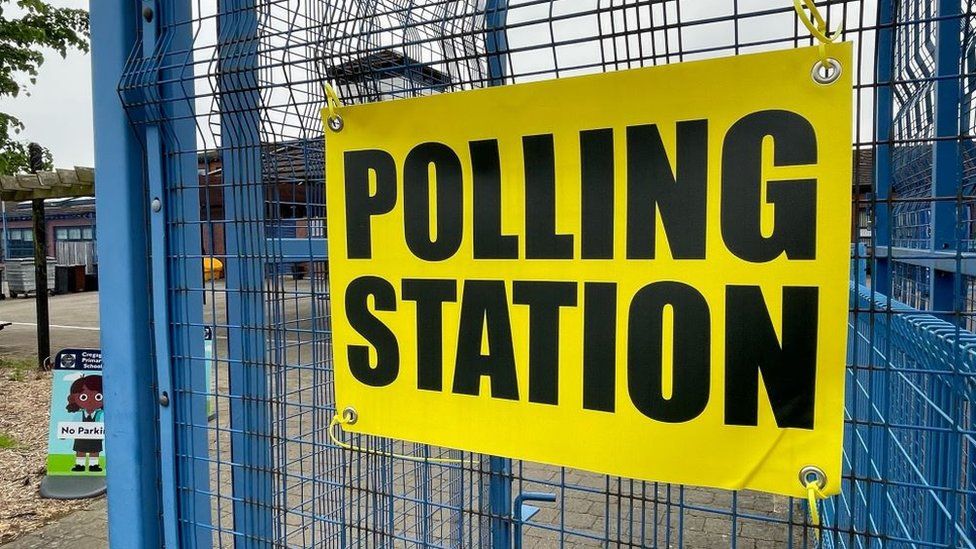Do short-term voting behaviour factors matter in Northern Ireland?
Introduction
Northern Ireland appears to be a unique case in the UK (United Kingdom) in terms of voting behaviour. while the rest of the UK’s voting behaviour is much more malleable to short-term factors like Brexit, Northern Ireland has remained deeply prioritised long-term factors like the cultural divide between Unionists and Nationalists. While the DUP (Democratic Unionist Party) and SF (Sinn Fein) remain dominant, short-term factors can determine which party receives votes from each community and the rise of Alliance which is a cross-community party shows that the long-term voting priorities may not be as influential as they once were.

Why short-term factors are less impactful
Northern Ireland has a significant historic divide that lessens the impact of short-term factors. The historic divide between unionist/ protestant communities, who usually support the union with Britain and the nationalist/ catholic communities, who usually support a united Ireland, overshadows any short-term factors that would normally affect voting behaviour.
Voting behaviour in Northern Ireland largely follows identity politics. The political divide between unionists and nationalists dominates northern Irish politics and in turn also dominates the voting behaviour of the population. The long-term factor of whether Northern Ireland should remain part of the UK or unify with Ireland is a crucial part of most of the parties in Northern Ireland. A unionist community will always vote for a unionist party even if their economic interests lie with a nationalist party and vice versa with a nationalist community and a unionist party. The strong identity of the two communities does not allow voters to be malleable when short-term factors arise.
Party polarization and party loyalty are much more common than in the rest of the United Kingdom. Voters in Northern Ireland have strong ties with parties that align themselves with their cultural and political beliefs. This can stop voters from being swayed by short-term factors instead of continuing to vote with traditional party lines. This is not helped by the polarisation of politics in Northern Ireland and the increasing divide between the two communities, as the two communities move further apart voters will cling to the identities and loyalties of their parties with short-term factors having very little sway on these hardened beliefs.
Tilley states that there has been no replacement of the ethno-national division post troubles, there is no evidence that the power-sharing government in Stormont has led to any greater division in any other aspect like economic and social divisions and especially between blocs. They go further in stating that while the parties talk more about social and economic issues now voters do not select the party based on these policies but rather on the long-standing issues the parties represent. (Tilley et al 2021, p241). While the party manifestos are being filled with economic and social policies relating to short-term factors, voters in Northern Ireland still determine who they vote for by long-term deeply rooted factors.
Can short-term factors still affect voting behaviour?
While the history of Northern Ireland leaves voters more inclined to vote along long-term factors short-term factors can and do have a significant impact on voting behaviour. With the rise of the Alliance party in Northern Ireland, voters are shifting away from the tradition of unionism versus nationalism. Tonge argues that “Yet, perhaps Alliance’s rise ought not to surprise, and might indicate thawing of longstanding enmities” (Tonge 2020, p 461). Voters moving away from the longstanding conflict allows short-term factors to become more influential. Two distinct short-term factors attributed to the recent rise of the alliance party were Brexit and the collapse of the Northern Irish assembly. Tonge identifies both of these short-term factors showing that the voting behaviour in Northern Ireland can be affected by short-term factors. Alliance appealed to a broad spectrum of Northern Ireland’s voting base, particularly considering developments in 2016 and 2017. They appealed who voted remain in the 2016 referendum, with Alliance being a pro-Remain party. Additionally, Alliance targeted the short-term factor of the collapse of the assembly in January 2017. (Tonge 2020, p463). The rise of the Alliance party in Northern Ireland shows that short-term factors can have a significant impact on voting behaviour even if it is not as significant as the long-term factors like the nationalist and unionist divide.

Conclusion
In Northern Ireland, long-term factors of voting behaviour have a significant grip on voting behaviour considering the history and political culture of Northern Ireland. Short-term factors still can and do have a significant impact, especially considering the rise of the alliance party and the move away from the long-term factor of the unionist and nationalist divide.
Bibliography
Tilley, James, Garry, John, & Matthews, Neil (2021) ‘The Evolution of Party Policy and Cleavage Voting under Power-Sharing in Northern Ireland’, Government and Opposition 56(2), 226-244
Tonge, J., 2020. Beyond unionism versus nationalism: The rise of the Alliance Party of Northern Ireland. The Political Quarterly, 91(2), pp.461-466.